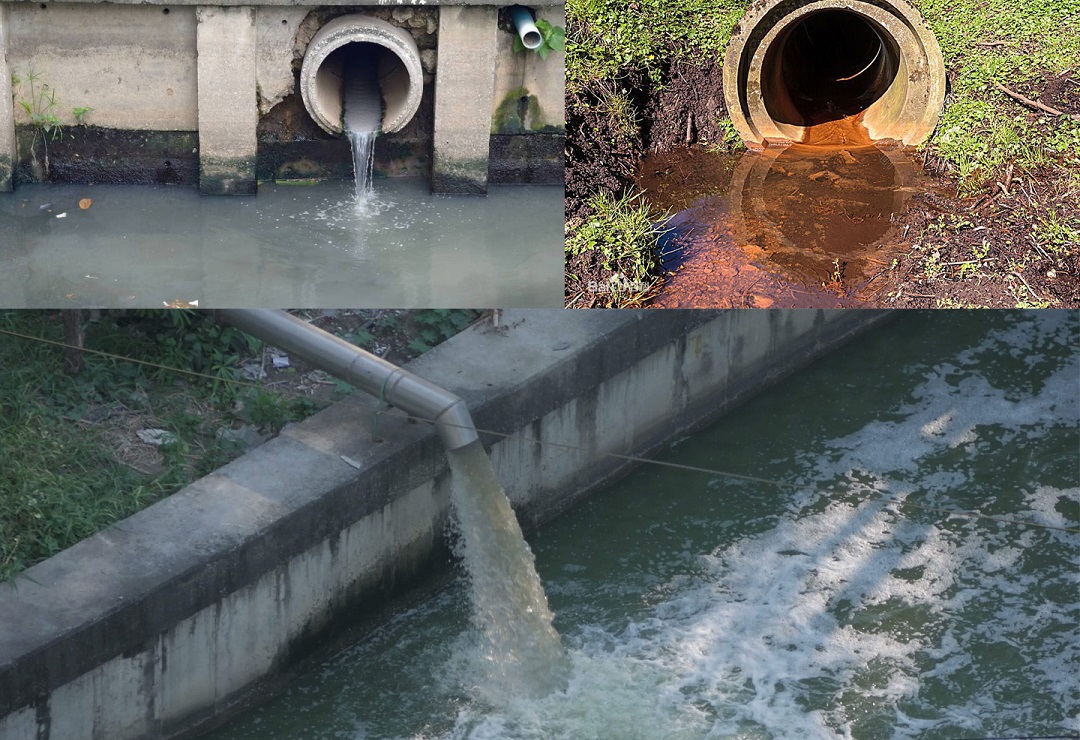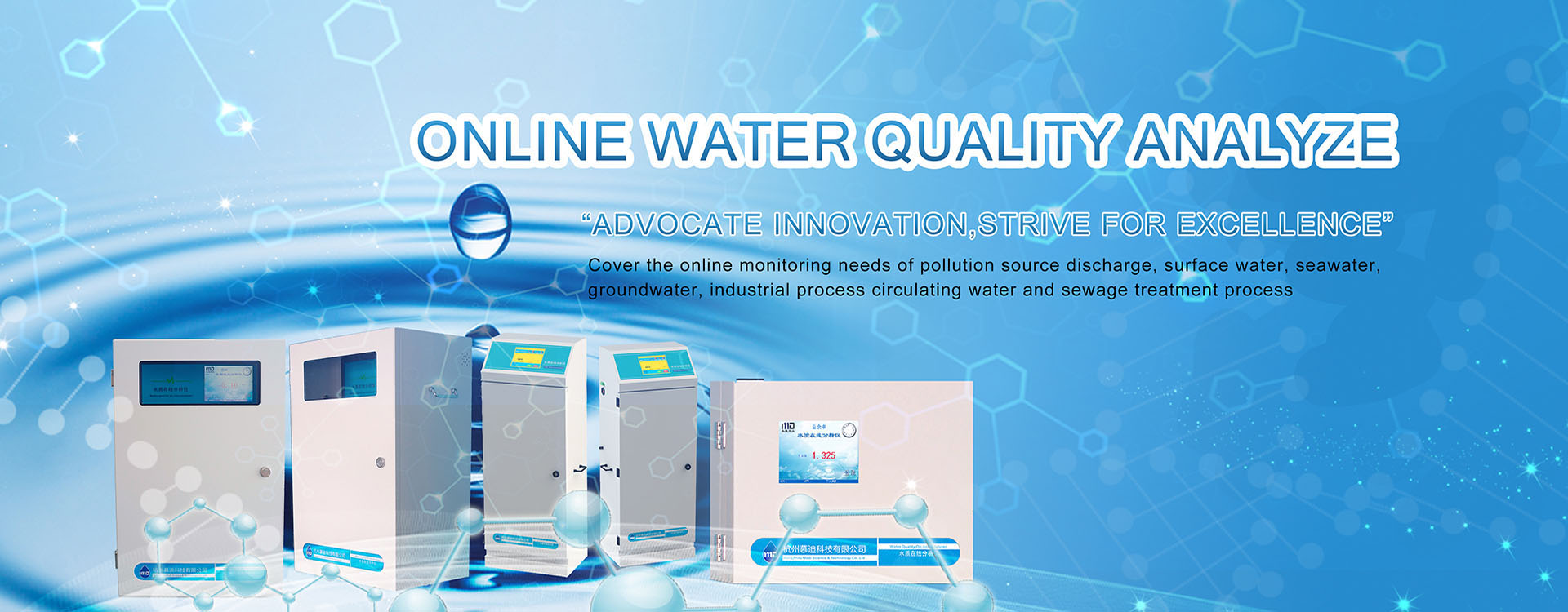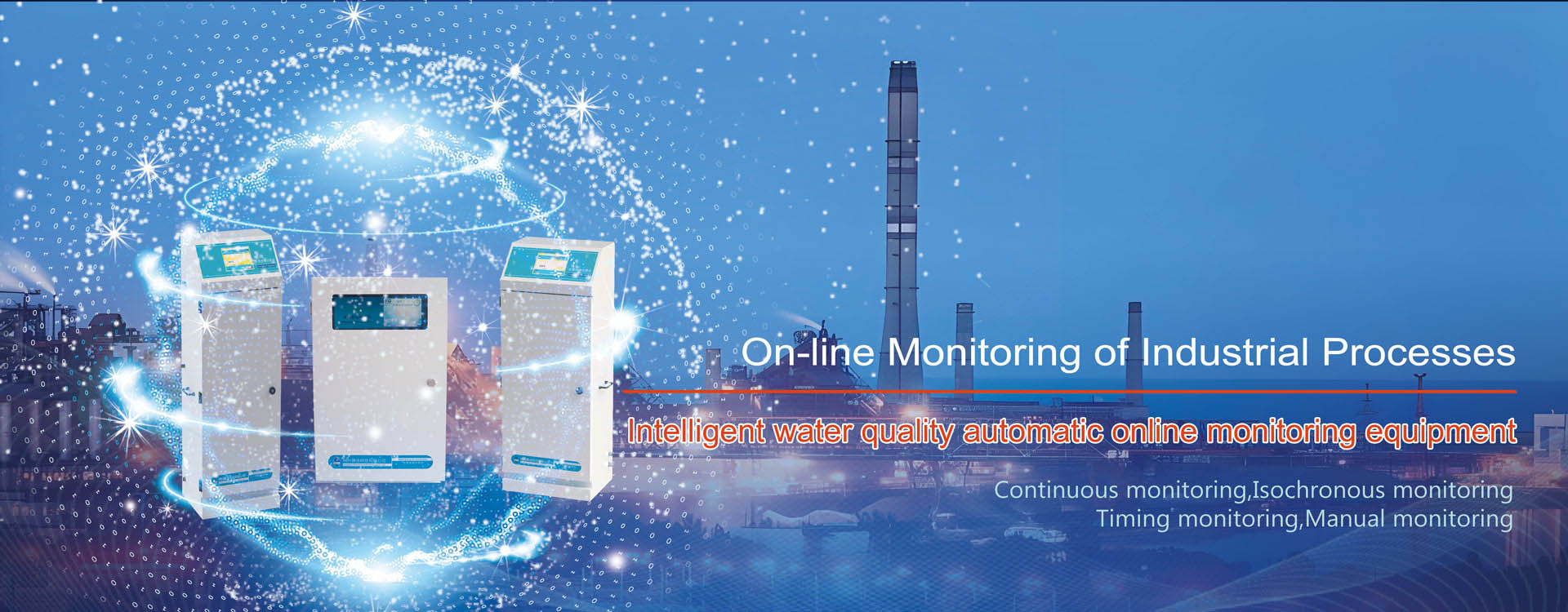The COD online analyzer is used for online monitoring of pollution source wastewater. Due to the different components of reducing substances in water quality, the difficulty of oxidation reaction varies to a certain extent. At the same time, the concentration of pollutants in the pollution source will also fluctuate significantly at different time periods. This situation objectively requires that during the operation of the water quality online detection instrument, the digestion time, temperature, and effective value range of the curve must match the water quality situation, and cannot be fixed values that remain unchanged. We can determine the above operating parameters through on-site experiments based on different water quality to ensure the accuracy of the measurement results.

Monitoring principles and related influencing factors:
The Cr (VI) in the mixed solution formed by water sample, potassium dichromate, silver sulfate (as a catalyst for more complete oxidation of linear aliphatic compounds), and concentrated sulfuric acid under high temperature and pressure environment is reduced to Cr (III), resulting in a change in the color of the mixed solution. The degree of color change in the solution corresponds to the solubility of COD (chemical oxygen demand) in the measured water sample. The COD value of the water sample can be directly measured by the instrument through photoelectric colorimetry. The chloride ion in the water sample is the main interfering substance. The COD-8000 COD (Chemical Oxygen Demand) online analyzer can eliminate the interference of chloride by adding chloride ions in the water sample that are complexed with mercury chloride.
According to its reaction process, it can be seen that the concentration of oxidant, acidity of the reaction solution, digestion time, and digestion temperature have a significant impact on the measurement results. As long as the concentration of oxidant and the acidity of the reaction solution reach the range value, it will not affect the accuracy of the measurement results.
Additionally, it should be noted that:
·The digestion time and temperature required for accurate determination of industrial wastewater in different industries may vary, so it cannot be generalized. Set a unified digestion time and temperature, and conduct on-site experiments to determine the appropriate digestion time and temperature based on the ease of degradation of reducing substances in different water quality. In order to ensure the accuracy of measurement results and high monitoring efficiency, while also taking into account the energy waste, increased operating costs, and shortened instrument service life caused by excessive operating time and temperature.
·For wastewater from different pollution sources, the range of normal values is determined based on the online monitoring data of water quality that is usually available. The upper and lower limits of the curve are selected to ensure that the instrument’s measurement results are objective, true, and accurate, and dynamic adjustments are made according to changes in water quality concentration.




